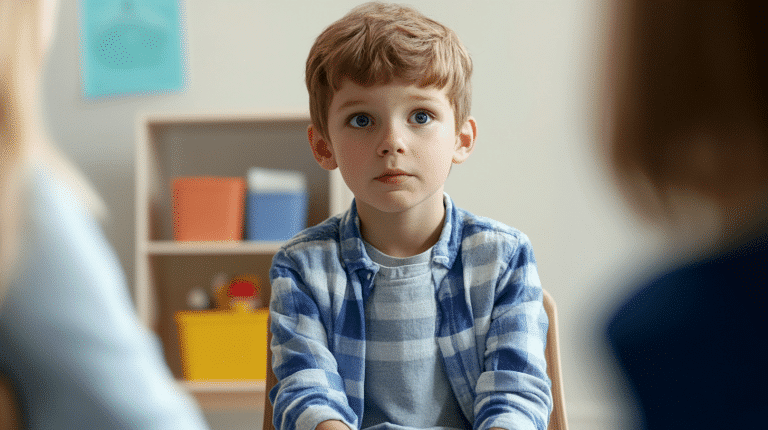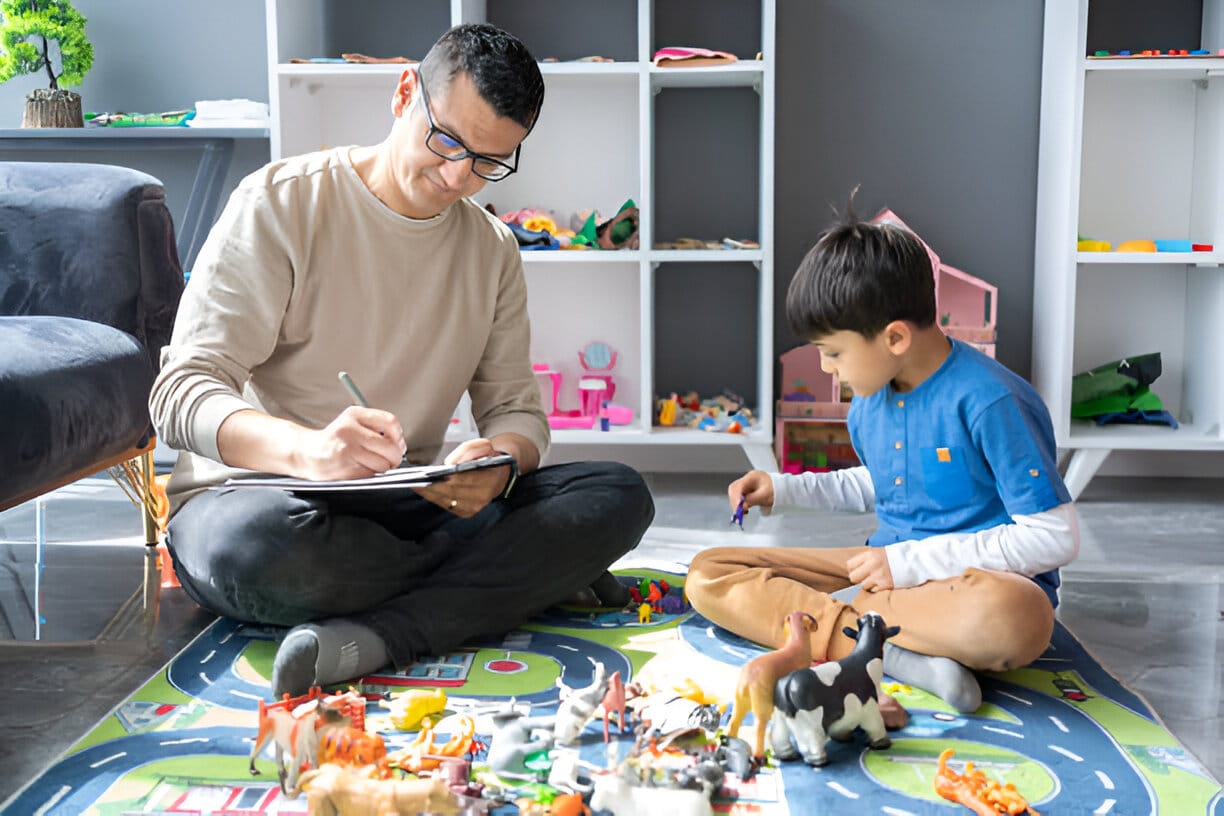Children’s psychology is a crucial field dedicated to understanding and addressing the emotional and behavioral challenges that young individuals may face. As children navigate the complexities of growing up, they may encounter various difficulties that impact their emotional well-being and behavior.
This is where childrens psychologist comes into play, offering invaluable support and guidance. In this blog post, we’ll explore how children’s psychologists can help with emotional and behavioral issues and why their expertise is essential for a child’s development.
Understanding Emotional and Behavioral Issues
Emotional and behavioral issues in children can manifest in numerous ways, including anxiety, depression, anger management problems, ADHD, and more. These issues can stem from various sources such as family dynamics, social interactions, academic pressures, or even biological factors.
Identifying and addressing these problems early is crucial for preventing long-term negative effects on a child’s mental health and overall development.
The Role of Children’s Psychologists
Children’s psychologists are trained professionals who specialize in diagnosing and treating emotional and behavioral issues in children. Their role is multifaceted and involves several key components:
- Assessment and Diagnosis: Children’s psychologists conduct comprehensive assessments to understand the nature and extent of a child’s emotional or behavioral issues. This typically involves interviews with the child and their parents, behavioral observations, and standardized tests. Accurate diagnosis is essential for creating an effective treatment plan tailored to the child’s specific needs.
- Therapeutic Interventions: Based on the assessment, psychologists develop and implement therapeutic interventions. These may include various forms of therapy such as cognitive-behavioral therapy (CBT), play therapy, or family therapy. For instance, CBT can help children develop healthier thought patterns and coping strategies, while play therapy allows younger children to express their feelings through creative activities.
- Behavioral Management: For children exhibiting problematic behaviors, psychologists can provide strategies and techniques for managing and modifying these behaviors. This might involve setting up behavior modification plans, teaching parents effective discipline techniques, or helping children develop self-regulation skills.
- Support for Parents and Caregivers: Addressing a child’s emotional and behavioral issues often requires the involvement of their family. Psychologists offer guidance and support to parents and caregivers, helping them understand their child’s needs and providing strategies to reinforce positive behaviors at home. This collaborative approach ensures a more holistic and effective treatment plan.
- Education and Skill-Building: Children’s psychologists also focus on educating children about their emotions and behaviors. They help children develop essential life skills such as problem-solving, emotional regulation, and social skills. By fostering these skills, psychologists empower children to navigate challenges more effectively and build resilience.
The Benefits of Early Intervention
One of the most significant advantages of seeking help from a children’s psychologist is the potential for early intervention. Addressing emotional and behavioral issues early can prevent more severe problems from developing later in life. Early intervention can also improve a child’s overall quality of life, enhance their academic performance, and strengthen their relationships with peers and family members.
Conclusion
Children’s psychologists play a vital role in helping children navigate emotional and behavioral challenges. Their expertise in assessment, therapeutic interventions, behavioral management, and support for families ensures that children receive the comprehensive care they need.
By addressing these issues early, psychologists help children build a strong foundation for a healthier and more fulfilling life. If you notice any signs of emotional or behavioral difficulties in your child, seeking the support of a qualified children’s psychologist can make a significant difference in their well-being and development.











